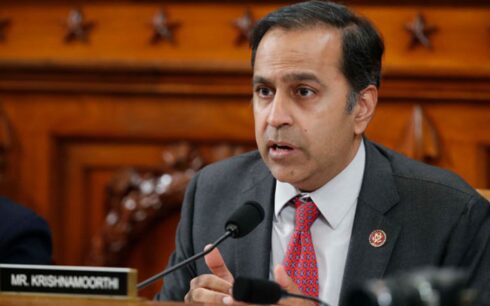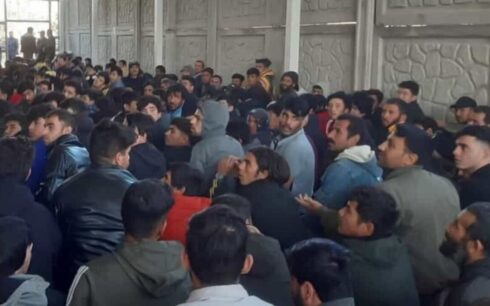The European Union announced on Wednesday that it has pledged 25 million euros to the United Nations International Children’s Emergency Fund (UNICEF) to enhance and upgrade learning environments for approximately 200,000 girls and boys in primary public schools throughout Afghanistan.
The EU’s financial support will empower UNICEF to enhance the quality of existing school infrastructure in up to 385 primary public schools. This includes initiatives such as restoring classrooms, providing gender-sensitive sanitation facilities, and constructing boundary walls, as outlined in the official statement.
The project will also focus on supporting in-service training for teachers to elevate the quality of teaching, particularly in the early grades.
Raffaella Iodice, the EU Chargée d’Affaires a.i. to Afghanistan, emphasized the importance of creating child-friendly and safe classrooms. “When classrooms are child-friendly and safe, children are motivated to learn, and their attendance, performance, and completion rates go up,” she said.
This two-year initiative will build upon UNICEF’s ongoing efforts to support children’s education in Afghanistan’s public schools and community-based education centers, the statement highlighted.
Fran Equiza, UNICEF Representative to Afghanistan, expressed pride in partnering with the EU to keep thousands of children in school. He stressed the significance of continued investment in the public school system, considering education as a beacon of hope for a better future for girls and boys in Afghanistan.
The EU statement pointed out that approximately half of children in Afghanistan are not attending school, and for those enrolled, the quality of learning ranks among the lowest globally. The 2022 Multiple Indicator Cluster Survey revealed that only 13.6 percent of children in Grades 2 and 3 have acquired basic reading skills, and a mere 18 percent possess basic numeracy skills.
Continuous investment in the education system for the young generation in Afghanistan, including the restoration of classrooms and the provision of a safe learning environment, is deemed crucial to ensure quality education for all.





